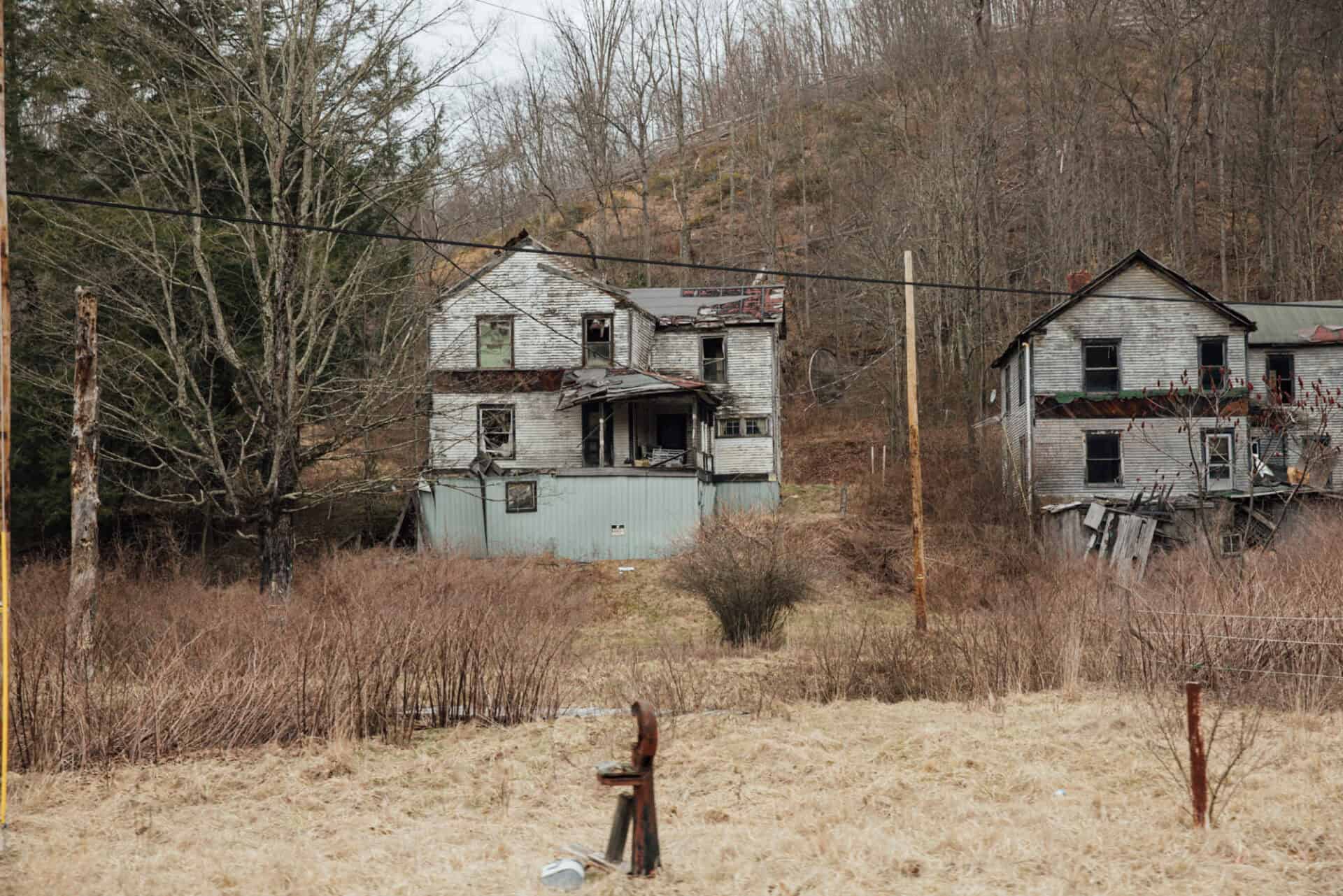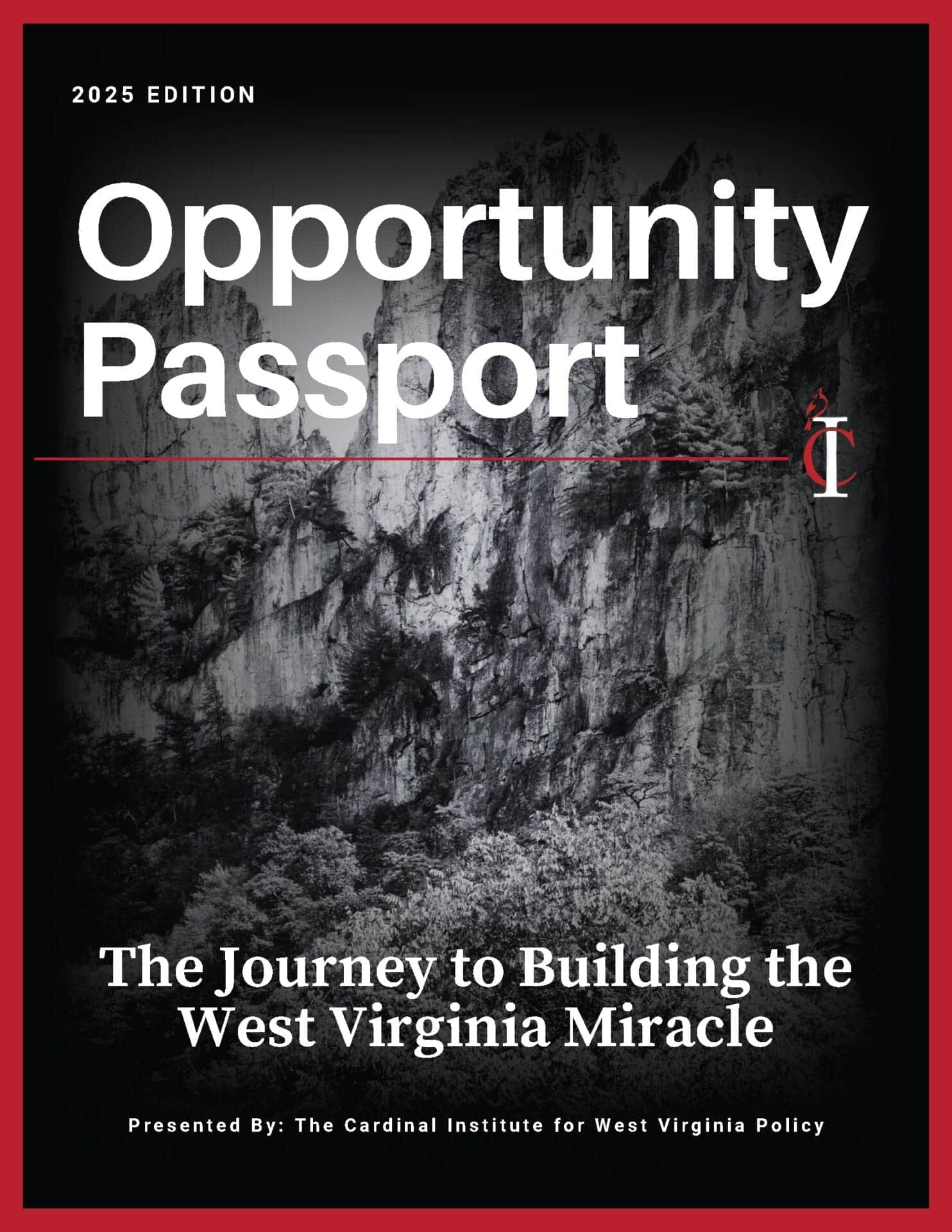
Treatment Policies Are Making WV “Almost Hell”
Cardinal Team
The Opioid Crisis in West Virginia
By now everyone has heard the horrible news on the opioid crisis. Thousands of Mountaineers are addicted, billions of dollars have been wasted, and deaths are stacking up every day. What you may not have heard of is the treatment policies that are contributing to the tragedy. If West Virginia wants to be “Almost Heaven,” it needs to employ simple, bottom-up strategies. This will help get us out of the “almost hell” that our policies have put us in.
Opioid overdoses have been killing Mountaineers in higher concentrations and for much longer than the rest of the country. Indeed, with our history of blue-collar work, our crisis likely started in the 1980’s.
The costs range in the tens of billions, and no lawsuit against the pharmaceutical companies can make us whole. If we are to overcome this evil, we need to make it as simple and straightforward as possible to not only receive treatment but to provide treatment as well.
Such an approach is one that empowers individuals and local communities. It also allows experts, who have the most time on the ground, to make decisions that are likely to succeed in their areas. Opioid treatment will look different between downtown Morgantown and rural Wyoming county. It should.
West Virginia Should Reevaluate Treatment Access Policies
Unfortunately, our leaders have had a knee jerk reaction to centralize and bureaucratize all of our treatment options. While some level of oversight is obviously needed, too much is just as dangerous as the drugs themselves. Our misplaced priorities have made it more difficult for both sides of the treatment space to put in motion plans that actually work.
Through variance policies that are overly restrictive and harmful, we have restricted the amount of people eligible to serve at-risk communities. By focusing resources on nice-sounding government initiatives instead of funding transportation costs in rural counties, we have let West Virginians die. Time after time, the state has focused on the aftermath instead of the source of the problem.
Sadly, the discourse has been aimed at making services that reach out to those suffering with addiction more punitive and difficult to get. From the moratorium on new opioid treatment centers to extended state monitoring on people with drug charges completing probation, we have consistently focused on the blowback from our confusing and top-down policies.
Of course, all of these policies have led to more suffering, as well as fewer people living here. As the homeless population increases, the amount of people who want to invest in our communities will continue to decrease. No amount of tax incentives make up for clean and safe streets.
If we want to win this critical battle, we must have policies that focus on those who need help. Continuing to use the strategies that put us in this hole, will only worsen our depopulation and economic strife.
West Virginia and its people deserve the almost heaven that God has granted us in the hills and hollers. Until we address our poisoned generation, we will be stuck in almost hell.
Bradley Foster is the Community Outreach Associate for the Cardinal Institute for West Virginia Policy.







